Men and women differ in the purposes for which they need and use energy, and so do their levels of access to it. Applying a gender lens to energy policies, programs and projects helps to identify the different impacts, to bridge existing gaps and contributes to more gender equity in the energy sector.
ENERGIA works with a wide variety of (governmental) organisations and institutions to:
- Assess the likely implications of a specific project or program on women and men (diagnose)
- Agree on what that specific program or project wants to achieve from a gender perspective (gender goal and strategy)
- Design activities on how these gender goals can be met
- Build consensus among stakeholders on the approach
- Develop a gender sensitive monitoring strategy
Amongst our clients are the governments of Botswana, India, Kenya, the Philippines, Sri Lanka and Tanzania, the WorldBank, the Asian Development Bank and international donors such as Norad.
In November 2015 ENERGIA and the National Rural Electric Cooperative Association (NRECA) started a partnership to implement Millenium Challenge Corporation projects in Benin, Ghana, Liberia, Malawi, Nepal and Tanzania. Main goals of the projects are to:
- Increase electricity supply and access
- Increase affordability of electricity through sector and institutional reforms
- Improve corporate governance, financial management, and commercial operations for electric utilities
- Promote productive uses of electricity to increase entrepreneurial activity, income generating (and increased income) opportunities, increased employment, especially for women, poor and marginalized segments of society.
ENERGIA’s main added value in this partnership is to ensure Gender and Social Inclusion in all projects, and include policy recommendations, (methodology recommendations for) gender audits, capacity building and the development of Terms of References for Women Entrepreneurship programs and budgets.

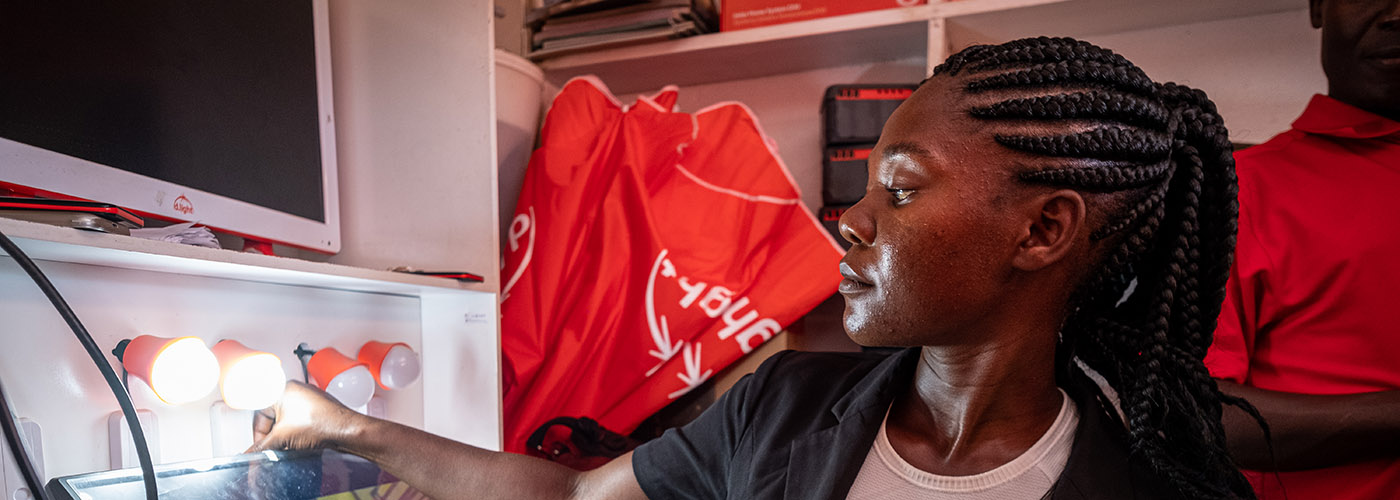




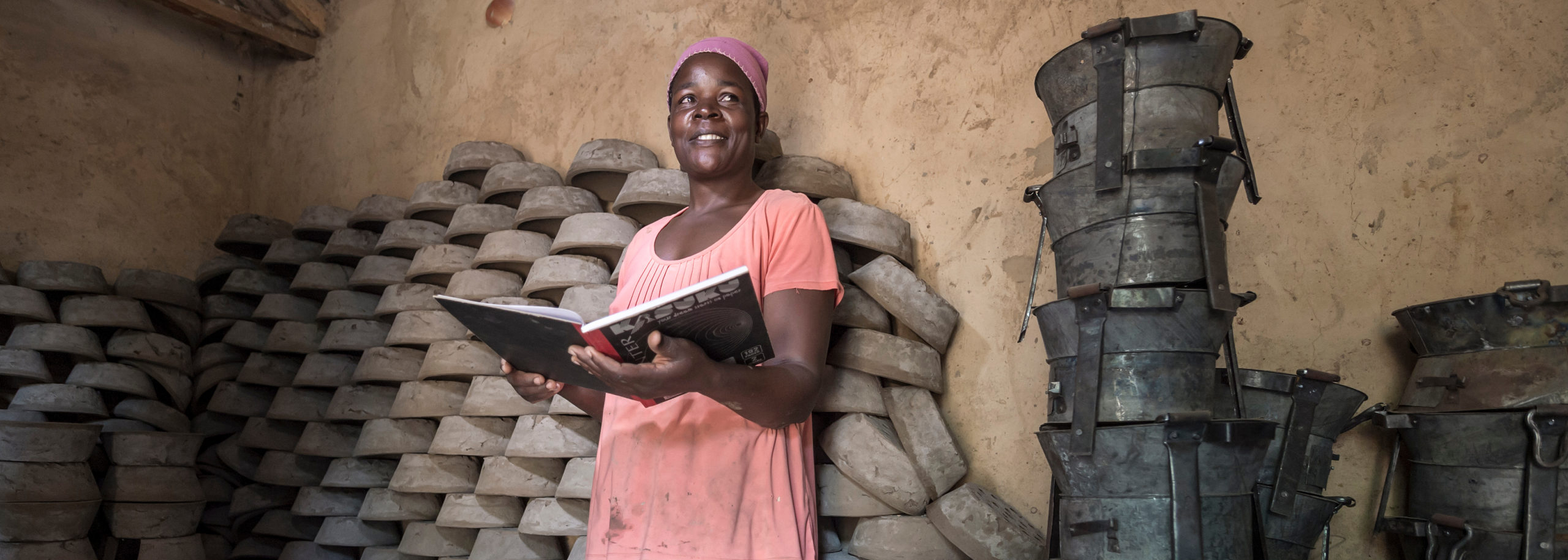
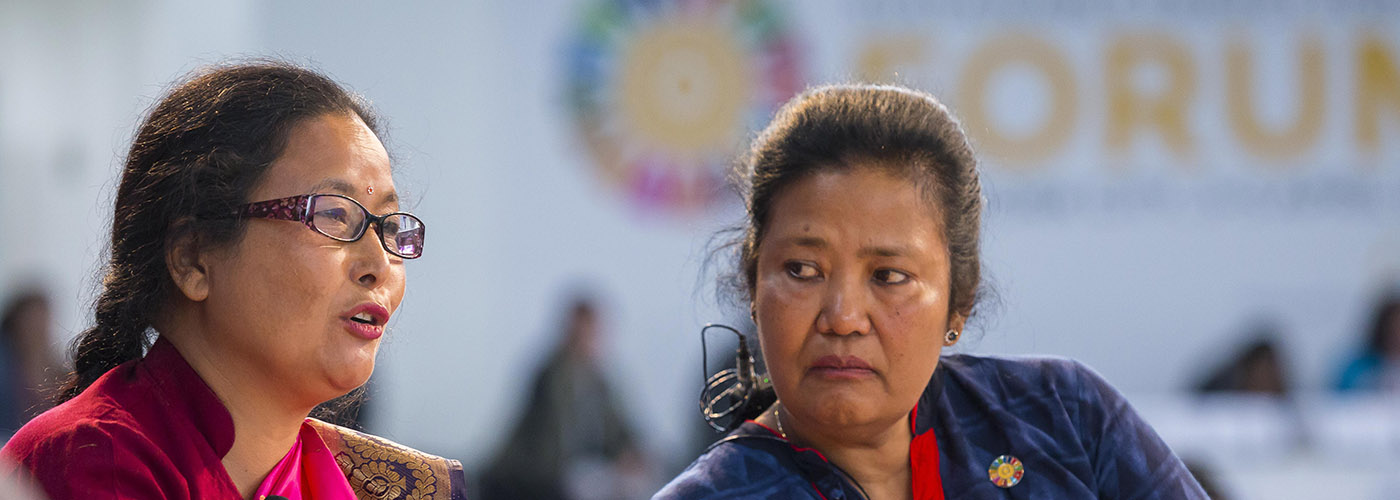
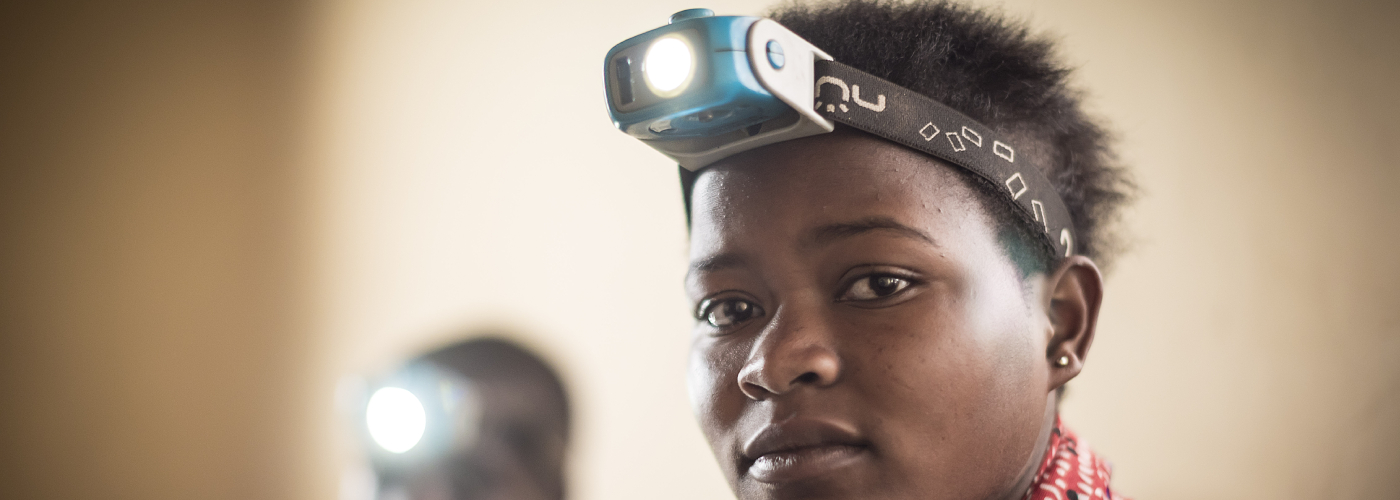

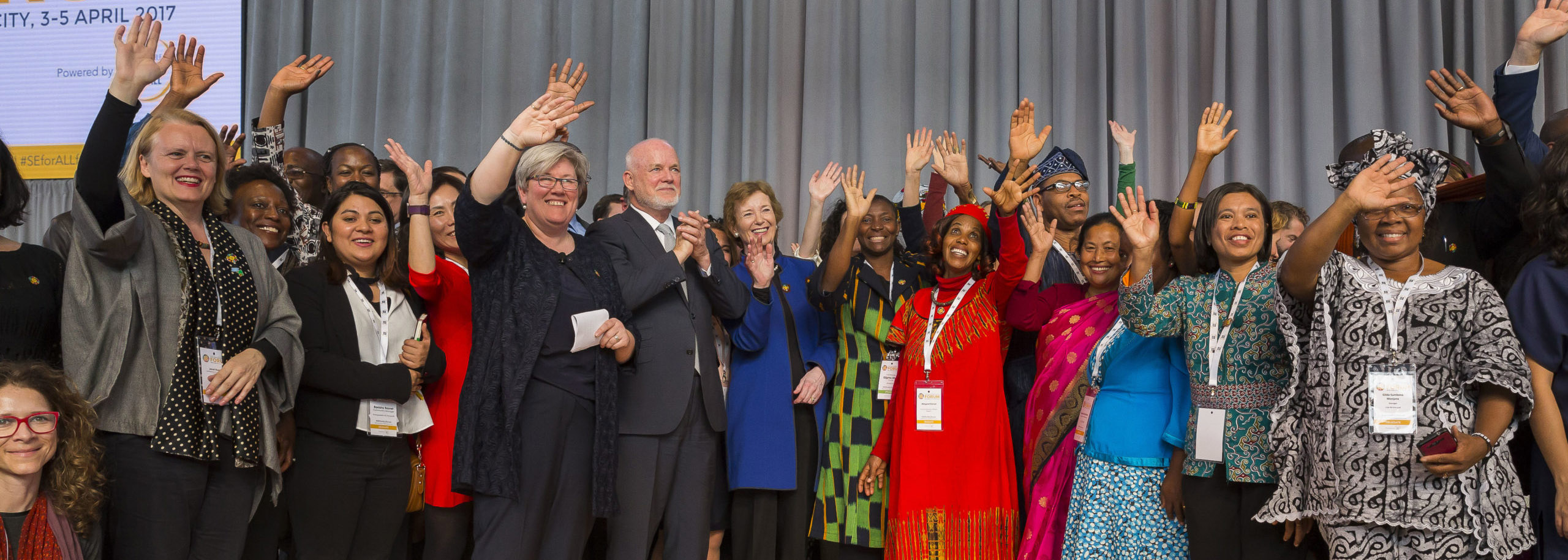
Follow us on: